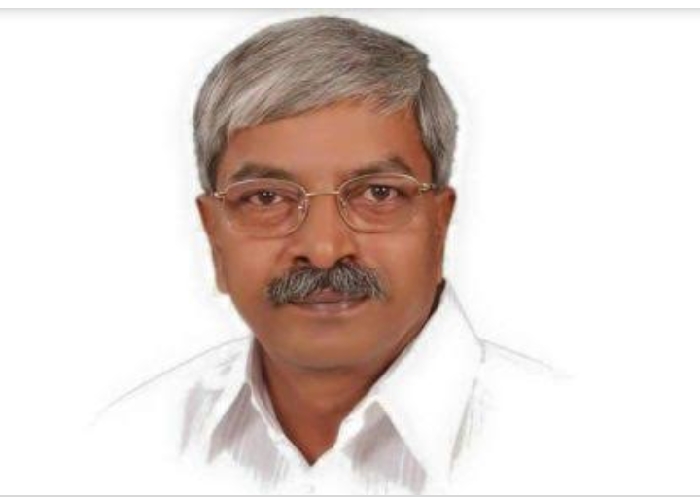The heavy toll of lighting deaths in the rural and coastal areas of the Karnataka has prompted the state government to import lightning sensor systems from United States of America. 
According to sources, the Karnataka State Natural Disaster Monitoring Centre (KSNDMC) has issued orders to procure 12 sensors to be installed in Dakshina Kannada, Udupi, Mysuru and other districts of Karnataka.
The systems will be capable of detecting thunderstorms and predicting lightning strikes within 1 sq km radius. Lightning activity can be forecast up to an hour ahead, giving residents time to be safe.
“We have placed orders and depending on customs clearances, it can be set up in two months and we can be prepared before the next thunderstorm activities in pre-monsoon showers,” said G.S. Srinivasa Reddy, Director, KSNDMC. The project costs around than Rs 50 lakh.
“Our established call centre has the numbers of officials and even over 200 farmers in every village in the State. Once a lightning warning comes, information can be disseminated easily,” he said, adding that the warnings would be linked to an app for officials and citizens to view.
As many as 73 people have lost their lives owing to lightning across Karnataka this year. The National Crime Records Bureau states that between 2010 and 2015 over 708 people died from lightning, while floods claimed 66 lives in Karnataka.





Comments
Well, it is good to have this kind of systems which can save lives, but we also require good roads and traffic signal systems, particularly at the major junctions like Hampankatta, Nanthoor circle, Pumpwell circle and Kankanady circle. I request the authorities to look into these for the benefit of the motor drivers and the pedestrians.
Add new comment